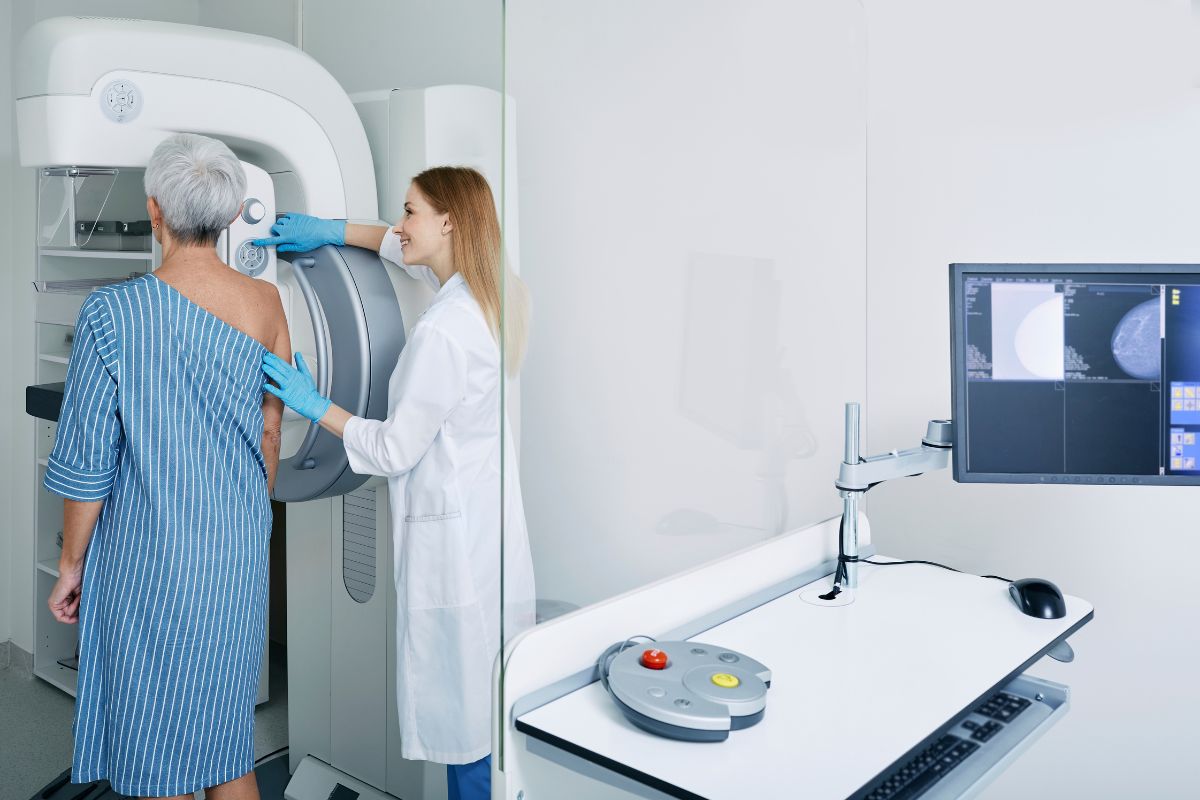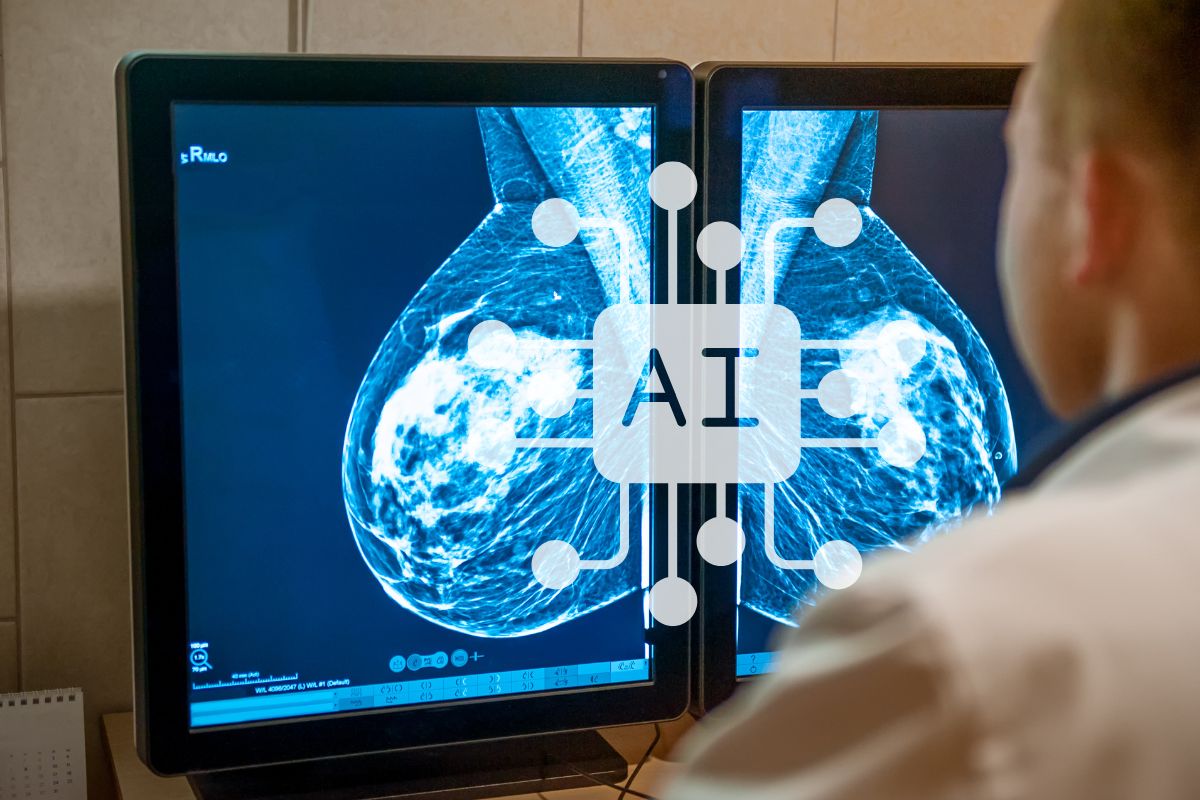The research in Sweden showed that AI can be a helpful tool for doctors detecting cancers efficiently.
A substantial study was conducted in Sweden, examining the benefit of using artificial intelligence to help interpret breast cancer screening results.
The results showed that AI can help to boost the efficiency of cancer detection by human doctors.
That said, the study authors point out that as rigorous and lengthy as this particular research was, it is still important to conduct more studies to help determine precisely where the technology offers value and where the risks of its use may lie.

Though the findings are highly promising, different studies will be required in the United States. The reason is that Europe uses different technologies and processes for cancer screening than the United States. Therefore, any research done will need to be conducted again using the tech and processes used in the United States to see if the results are comparable and if AI is also potentially helpful in the US.
Large studies have already been conducted to test the accuracy of artificial intelligence on medical records.
Those studies used old medical records to see if AI was able to be as accurate as human doctors in diagnosing cancers based on test results. This more recent study was the first of its kind to test AI on real patients in real time. Research like this will help to determine if using AI to assist in cancer diagnosis will improve the health of women and enhance outcomes. This information is vital to understanding how it can be integrated into health care.
The Swedish study involved the participation of about 80,000 women. Each of the participants received either a double reading in which two independent radiologists interpreted mammograms, or they received a reading from a radiologist and one from an AI software.
The study’s first stage was published in the Lancet Oncology journal. That stage was designed to determine whether artificial intelligence integration into practice was safe. The researchers determined that it was very safe to use AI for this purpose. On the whole, the technology was able to help human radiologists to identify more cancers, with a detection rate about 20 percent higher than humans alone. Moreover, the false positives rate was comparable to that of human radiologists, meaning that the detection rate rose substantially without increasing the false positive rate.


